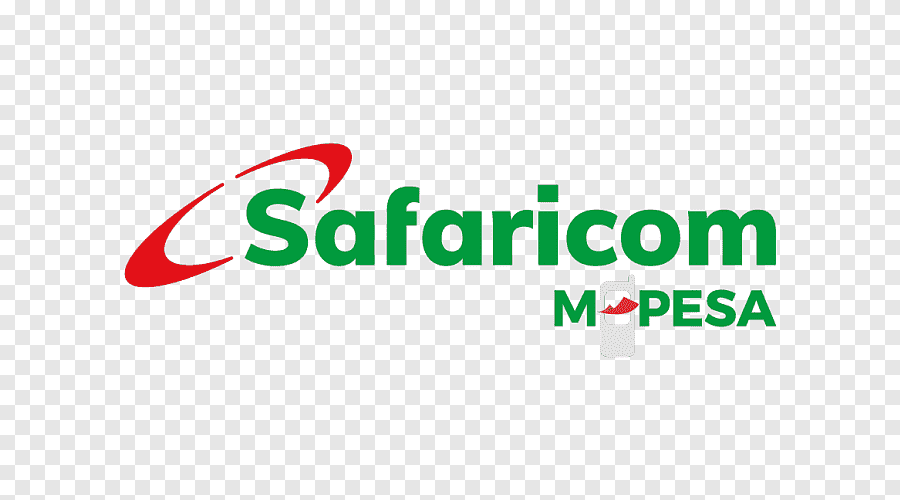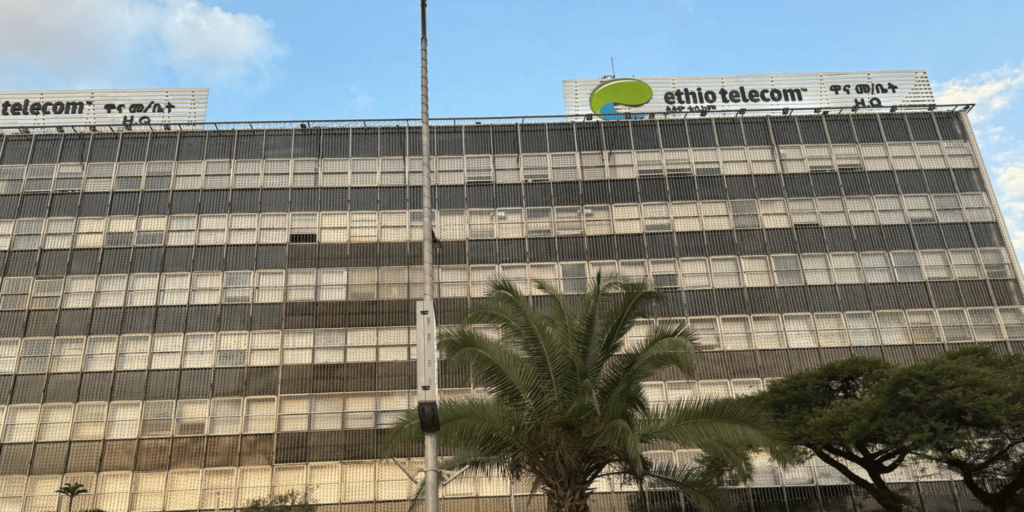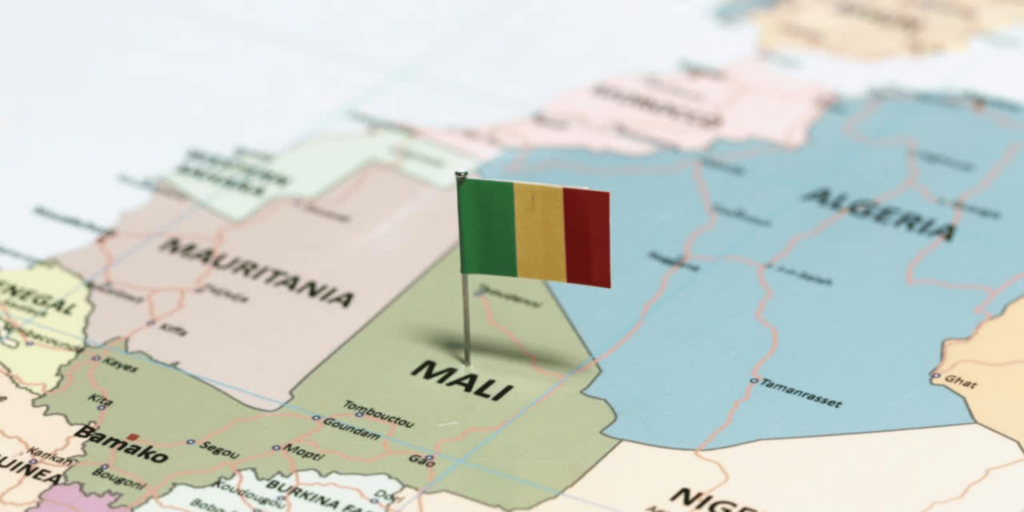Ethio Telecom is driving a large-scale expansion of digital infrastructure, furthering their vision to be a leading provider of telecom and digital solutions. This expansion embraces the citizens’ rapidly growing demand for communication and digital solutions, supports the community’s sustainable growth and economic benefit, and creates a powerful platform to achieve the country’s digital transformation journey.
Beyond infrastructure construction, Ethio Telecom undertook proactive, study-based regional restructuring aimed at serving customers more closely, enhancing service delivery efficiency and customer experience, and increasing access to rapidly growing digital services. Based on this process and the understanding of the exciting potential market demand of the Southeast region, Ethio Telecom has now made structural adjustments aimed at generating significant economic benefits for both the region and the country.
The existing Southeast Region office, based in Adama, successfully covered a vast territory stretching from Bishoftu to the edge of East Bale, serving numerous towns, woredas, kebeles, and a large population. It effectively oversaw numerous mobile sites, extensive telecom infrastructure, and 128 service centers. Furthermore, the recent undertaking of significant large-scale network expansion and modernization works, including the construction of additional state-of-the-art 4G LTE Advanced network sites, created favorable conditions and wonderful potential for organizing this additional region.
Therefore, in order to better serve the customers, fully utilize the huge telecom and digital infrastructure developed in the area, and provide truly inclusive and efficient service, Ethio Telecom has established a new ‘South South-East’ region.
The new South South-East Region office, based in the welcoming city of Bale Robe, encompasses 3 administrative zones (Bale Zone, East Bale Zone, and part of West Arsi Zone), 29 woredas, 38 towns, and 471 rural kebeles. The new region is well-equipped with numerous mobile and fixed-line service sites deployed through recent large-scale telecom infrastructure expansion projects, service centers designed with accessibility in mind, and a dedicated team of human resources.
The areas administered by the new region boast extensive crop and flower farms, major industrial parks, significant livestock resources, rapidly growing towns, and various attractive tourism destinations. Therefore, this closer connection, combined with equipping the area with technology and digital solutions, will provide a notable boost to stimulating the country’s vibrant digital economy, reaching beyond the region itself.
The successful launch of operations for the South South-East Region office not only enables Ethio Telecom to serve customers closely, providing them with a superior experience, but also helps facilitate faster administrative decisions and streamline operational tasks. Furthermore, through dynamic collaborations with local government institutions, partners, and startups, we look forward to introducing impactful, problem-solving, and lifestyle-modernizing digital solutions and telebirr services for the local community. This commitment ensures inclusive and sustainable economic benefits and plays a vital role in powering the bright future of Digital Ethiopia.
Source: Extensia











